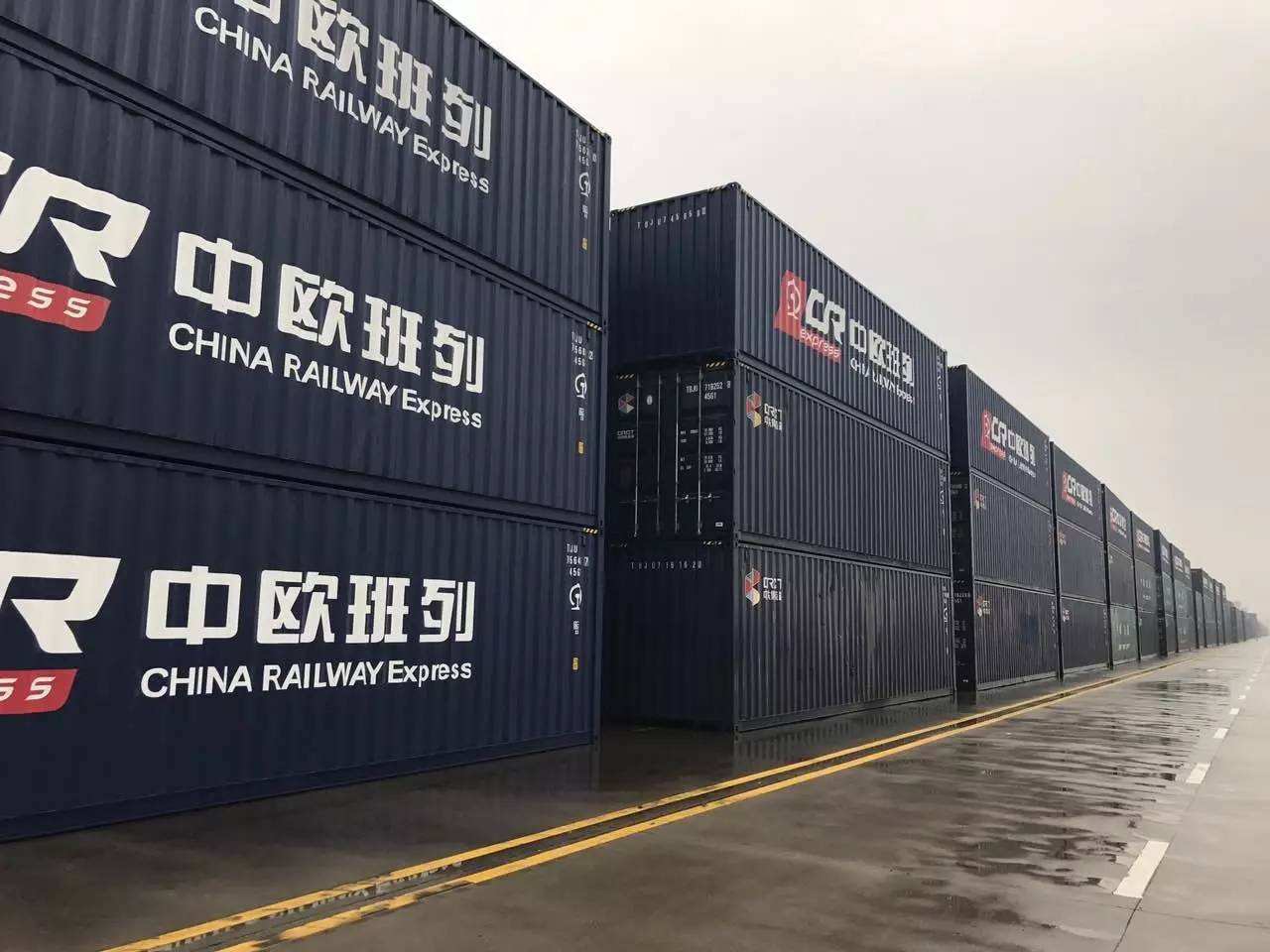In the past two years, especially after the outbreak blockade began in March 2020, stimulated by urgent consumer demand, a large number of goods need to be transported out of China, which has created a conditional basis for inflation in the container transportation market between Asia and the European and American markets.
In 2021, the competing consumer demand remained at a high level, only increasing but not decreasing compared with that in 2020. This trend did not really begin to waver until February this year. The slowdown in March triggered suspicions about the market's direction in the short term.

First, the trend of container freight between Asia and Europe and the United States.
"Will the freight rate drop?" This is the biggest problem in the market about Asia Europe freight at the end of last year and the beginning of this year.
From the follow-up and current situation, it is easy to understand why large shipping companies can't wait to sign as many long-term contracts at high prices in winter. The carrier is conducive to maintaining high freight charges through capacity, rather than maintaining high traffic volume. The decline in existing transport capacity is obviously not commensurate with the slight decline in China's exports.
At present, the industry is experiencing a relatively low demand off-season, and shipping companies expect the demand of European and American markets to recover in May and June. But before demand recovers, the airline company still wants to keep the freight rate as high as possible.
Asia Europe Container freight rate in the past three months and forecast of future freight rate trend (source: trends. Upplysmart)
Second, China remains the biggest driver of demand.
In the absence of a reliable alternative, China's role in the global economy and the container transportation industry remains indispensable. The huge space of container ships needs to be filled by China's huge export flow.
However, China's exports are currently facing great uncertainties. The containment brought by the anti epidemic policy needs to pay a great economic price. Ports and airports are still open, but the available capacity is limited; There is also a more chaotic front and rear road transportation. The closure of central cities, the slowdown of production and logistics delays have added new instability to the already problematic global supply chain.
For airlines, this means the loss of cargo volume in the short term. When China's exports are blocked, other Asian countries such as Vietnam, Indonesia, Thailand and Japan and South Korea can make up for some of the missing supply, but they are only part of it, which can not be compared with China's huge production capacity. Shipping companies are expecting that when China's production is fully restored and big cities are unsealed, the market will rebound sharply as in 2020, so that they can continue to maintain freight rates at a high level.
But concerns remain. Considering China's economic growth target of 5.5% this year, which is the lowest growth expectation in 30 years, for the outside world, if China's economy performs poorly in the medium and long term, this is the real threat to their business.
For many years, the dependence of European and American markets on China has been a fact, but it was not until the epidemic came that the West began to reconsider this dependence. The idea of reducing consumption, reducing long-distance transportation and shortening the distance between production places and consumers began to appear in European and American politics. But whether western society can afford luxury and high priced daily consumer goods is another problem. After all, even if the freight rates in Asia and Europe are high, the goods in China and Asia are still of high quality and beautiful price. At a time when inflation continues to be serious, European and American consumers seem more unlikely to choose high-priced goods.
From the perspective of environment, the Reindustrialization in Europe and America needs to consume a lot of energy. But strangely enough, when industrial pollution occurs in distant Asian countries, rather than under their noses, environmental problems do not seem to be treated equally. This factor has also promoted the long-standing industrial transfer to a certain extent, and heavily polluting industries have been transferred from Europe and the United States to developing countries in Asia. When Europe and the United States hope to reindustrialize, the economic and environmental costs will be very high. The latest example is the impact of the war in Ukraine. Germany hopes to decouple from Russia's natural gas supply, and Europe hopes to get rid of Russia's raw material supply. Europe's large-scale Reindustrialization is very difficult.
This situation is similar in North America. In other words, the health of China's economy has become a decisive factor in the growth of the global economy and container transportation industry.
Third, are shipping companies worried now?
After experiencing a decade of industry depression, shipping companies hope to enjoy the prosperity experienced in the past 18 months as long as possible. To prolong this favorable market cycle, we need to limit the maximum capacity when necessary.
In the first quarter of 2022, the container throughput of Antwerp Port decreased by 11.6% year-on-year. The port said that the interruption and delay of container liner trade and the docking volume of a large number of imported ships constitute long-term operational challenges, making the operation of container terminals more difficult. In addition, the Russian Ukrainian conflict and subsequent sanctions have also brought new pressure.
The main concerns of shipping companies may be three problems:
Inflation in the West may get out of control, leading to a long-term decline in demand for households and companies;
The uncertainty caused by the conflict between Russia and Ukraine may become a long-term phenomenon, which will spread the existing problems for a long time;
The supply-demand relationship in the shipping market has reversed. This psychological fear has long existed inside the shipping company.
Therefore, although the profit of the shipping company hit an all-time high, they are still not completely assured. The painful memory left by years of financial weakness will only make them try to control the market trend with more rigorous strategy and more resolute execution.
China Trade Express Logistics Synchronizes World Life!


China Trade Express Logistics (ShenZhen) Co., Ltd 粤ICP备20062912号